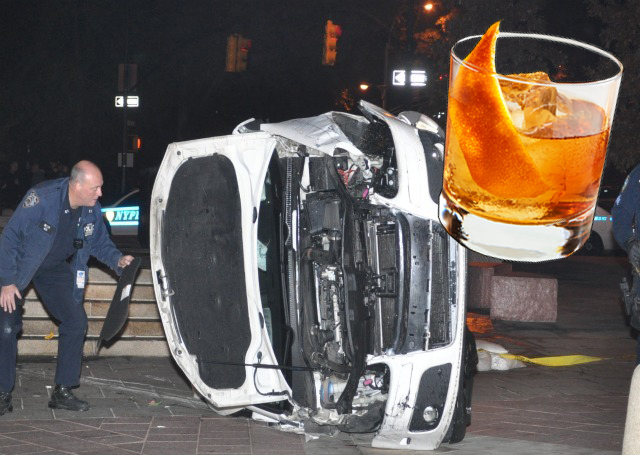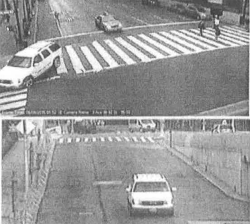Drunk Drivers Who Kill Could Be Paying for their Crime for Almost 20 Years


Drunk drivers who kill a parent could be paying for the crime for far longer than any prison sentence.
Two state lawmakers have drafted similar bills that would require convicted drunk drivers to pay child support after killing a custodial parent in a crash — payments that would continue until the orphaned child or children are 18 years old.
“If you drive recklessly, you are going to be held accountable,” said Gounardes of his bill, which matches one by Assembly Member Demond Meeks (D-Rochester). “There is so little accountability for drivers who kill and lack of financial compensation, so this sends a clear message: if you kill a parent, you are going to have to literally pay for it.”
Gounardes said he modeled his bill after reading about a similar act in Tennessee, which was signed by the Volunteer State’s Gov. Bill Lee on May 25.
“I saw the article and thought, ‘Wow that’s a really smart idea,'” Gounardes said. “It seems like a novel way to send a message that you are responsible for your actions behind the wheel. There’s a chance that a reckless 19-year-old driver who thinks it’s OK to speed would think again if they know they’re going to be responsible for 20 years of child support. This is about educating people about their responsibilities.”
Both bills would apply only to drivers who are convicted of vehicular manslaughter (first or second degree) or aggravated vehicular homicide — all of which involve drunk driving. Though there is plenty of intoxicated driving going on, last year in all of New York State, only 34 drivers were convicted of one of the three charges that would trigger custody payments, according to the state Division of Criminal Justice Services — but it’s unclear how many drivers, if any, orphaned a minor. In New York City, only five drivers were found guilty of one of the three charges.
That’s why Gounardes told Streetsblog that he hopes to scale up the child support punishment for other drivers who are convicted of reckless driving that leads to the death of a custodial parent.
“Your culpability should not be limited to just if you’re intoxicated or not,” he said. “That’s no consolation for the victims knowing that the driver was drunk or not.”
Expanding the bill beyond drunk driving will have to wait, of course; Gounardes is all too aware that the most ambitious legislation gets whittled down in Albany’s furniture factory. His colleagues gutted Gounardes’s speeding camera reauthorization bill to eliminate common-sense provisions that would have gradually raised fines for repeat recklessness, suspended car registrations for drivers who get too many of the tickets, and informed insurance companies when their clients get tickets.
“There are not that many of these convictions, so we hope to expand it,” Gounardes said. “But the lesson from Tennessee is that this will incentivize safe driving.”
Tennessee’s bill went from introduction to law in less than six months because of one mitigating factor: The bill was partly named after the children of Chattanooga police officer Nicholas Galinger, who was killed by a drunk driver and is survived by his children, Ethan and Hailey. The driver who hit him was indeed convicted in February of vehicular homicide by intoxication and sentenced to 11 years in prison.
The Times reported that Pennsylvania, Alabama, Illinois, Oklahoma, and Louisiana are in the process of taking up their own versions of the bill, which was inspired by the campaign of a Missouri mom who lost her son in a crash with a drunk driver.
Meeks did not return a request for comment on his bill.
